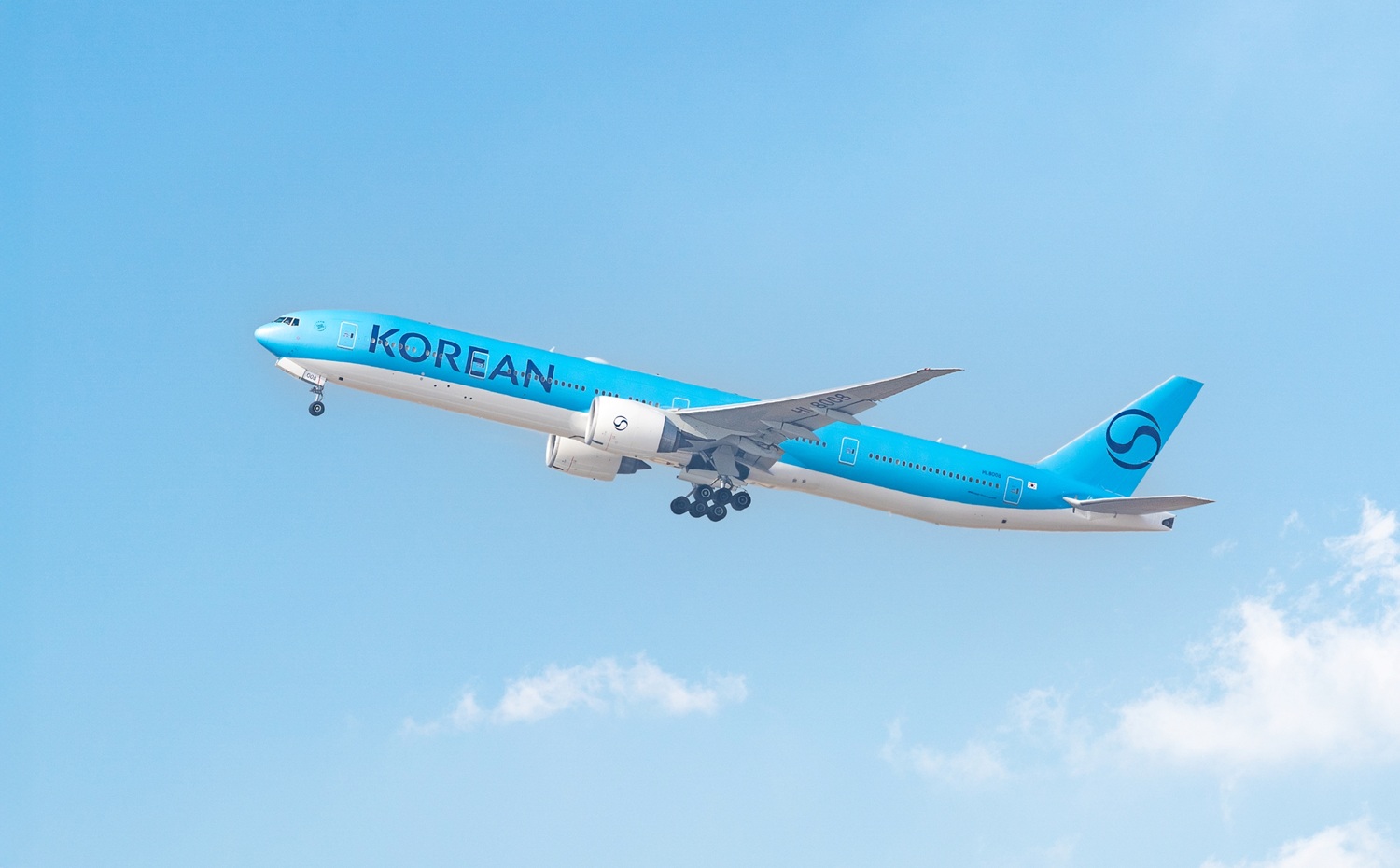Press Release: Hamburg’s aviation industry shows strong growth
Hamburg’s aviation industry is one of the most important economic drivers in the metropolitan region, as evidenced in a new study by Hamburg Aviation. Employment in the industry has increased by 18 percent since 2019, the study finds. And today, 48,700 people work in aviation in Hamburg. The value added by the approximately 300 companies... The post Press Release: Hamburg’s aviation industry shows strong growth appeared first on Runway Girl.
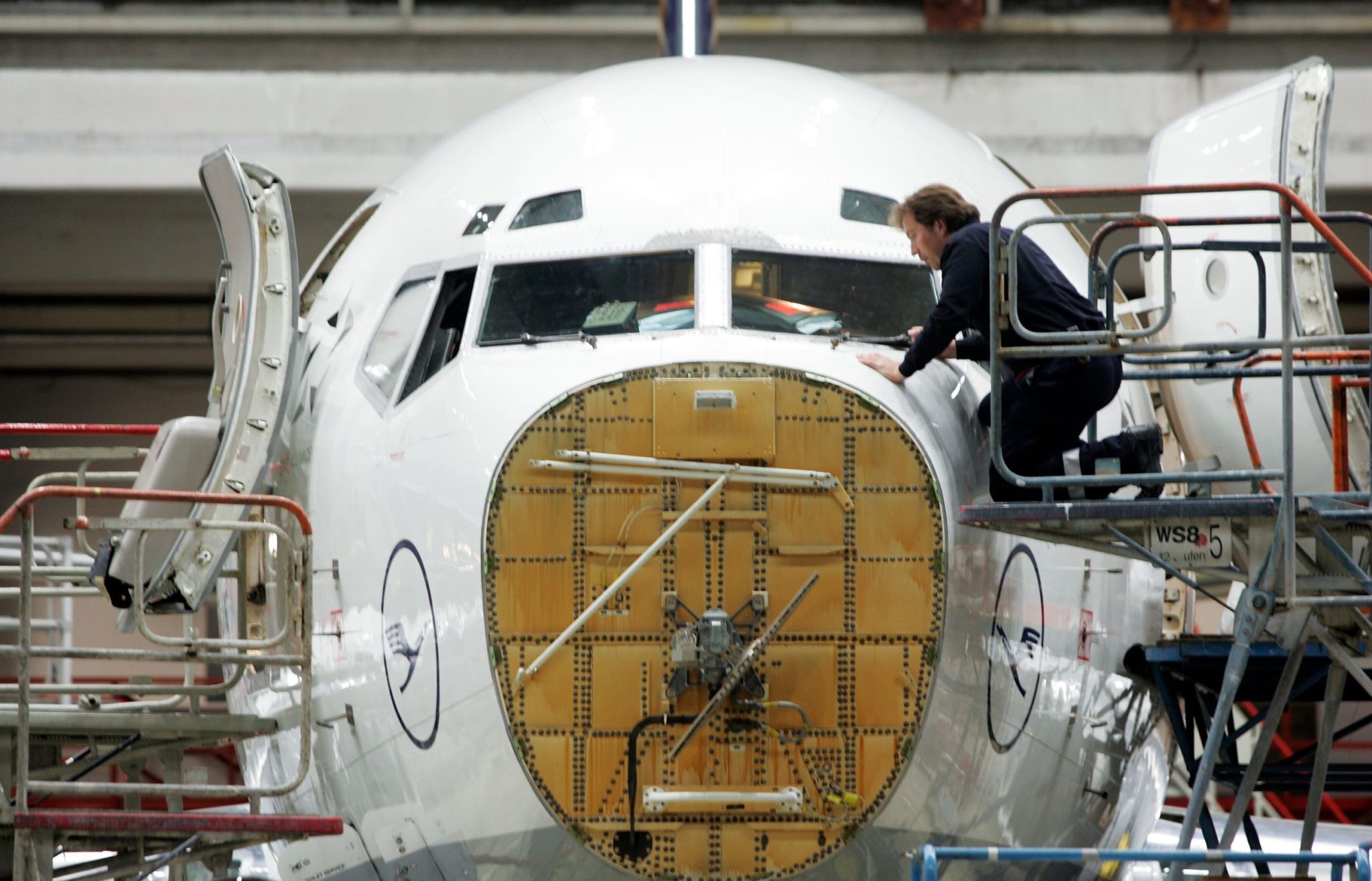
Hamburg’s aviation industry is one of the most important economic drivers in the metropolitan region, as evidenced in a new study by Hamburg Aviation.
Employment in the industry has increased by 18 percent since 2019, the study finds. And today, 48,700 people work in aviation in Hamburg.
The value added by the approximately 300 companies within the Hamburg Aviation cluster has also risen significantly in recent years (+34 percent compared to 2019).
Additionally, the study emphasises Hamburg’s innovative strength: aviation companies invest €470 million annually, with an additional €387 million in funding from the EU, the federal government and Hamburg over the last five years. This success is underpinned by strong partnerships, including institutions such as the Centre for Applied Aviation Research.
Senator for Economic Affairs Dr Melanie Leonhard says: “The aviation industry is a cornerstone of Hamburg’s economy: it secures tens of thousands of jobs, drives innovation and strengthens our international competitiveness.
“This study impressively demonstrates the contribution aviation makes to value creation, exports and future technologies. Hamburg is clearly committed to this future-oriented sector and will continue to provide targeted support.”
The increase in employment in the aviation industry is clearly attributable to growth in the aerospace sector, which is the industrial core of the industry. According to the study, the aviation industry has been growing since 2017 and, apart from a small dip in 2021 due to the coronavirus pandemic, has developed steadily in a positive direction.
The aim of the study was to analyse key figures for economic performance and factors for future success, and to develop appropriate recommendations for action. These include:
Strengthening cooperation and education
Existing cooperation between industry, science and politics should be expanded. Networking within the Hamburg Aviation cluster in particular is proving to be a key driver of innovation.
In order to secure the skilled labour base in the long term, investment in education, training and further education is necessary, with a particular focus on digitalisation, artificial intelligence and data-based technologies. At the same time, solutions are needed to create housing in order to maintain the metropolitan region’s attractiveness as a place to work and live, according to the authors of the study.
Reducing bureaucracy and expanding infrastructure
Another key to competitiveness is the reduction of bureaucratic hurdles. Faster approval procedures and more efficient administrative processes enable companies to bring innovations to market more quickly.
At the same time, high-performance digital infrastructures — especially fibre optic networks — must be expanded to create the basis for the transformation to a digitalised and networked aviation industry. Another recommendation made by the study’s authors is to further expand the possibilities of urban air mobility, both technologically and in terms of regulation.
Targeted promotion of future technologies and SMEs
Investments in sustainable future technologies such as hydrogen propulsion, sustainable aviation fuels (SAF) and AI-supported systems are essential to achieve the industry’s climate targets. It is particularly important to provide targeted support for small and medium-sized enterprises (SMEs), which play a central role as drivers of innovation in the cluster.
According to the study, military aviation offers further potential. Technological synergies, dual-use innovations and new supply opportunities could provide additional economic impetus for the region.
The study was conducted by the Institute for Innovation and Technology (iit) at VDI/VDE Innovation + Technik GmbH and published by the Hamburg Aviation cluster. It is available for download here.
Reactions from the aviation industry
André Walter, Head of Civil Aircraft Production at Airbus in Germany, says: “With around 18,000 employees, Hamburg is the largest Airbus site in Germany and the second largest worldwide. The Hanseatic city is a key location for Airbus, characterised by a unique cluster structure, strong innovative power and enormous economic relevance.
“We are committed to pioneering technologies such as sustainable propulsion systems here, as Hamburg offers ideal conditions and high R&D investment. Close cooperation with partners in Hamburg’s aviation ecosystem is essential for us to master future challenges. Looking ahead, securing the supply of skilled workers is crucial to ensuring growth and competitiveness for the entire metropolitan region.”
Christian Kunsch, CEO Hamburg Airport, says: “The results of the study show impressively that the aviation industry is of central importance for Hamburg and the metropolitan region – as an economic factor, employer and innovation partner. Hamburg Airport is an integral part of the aviation cluster as a gateway to the world for goods and people. We also see ourselves as an active driver of climate-friendly technologies and support the transformation of the industry towards a holistic energy transition in aviation.
“Our goal is to make the airport’s ground operations free of CO2 emissions within 10 years. In doing so, we are taking on a pioneering role in the industry. Together with our partners from business, science and politics, we are working on sustainably developing Hamburg as the leading aviation location in Europe. This is precisely the strength of the cluster: all players are working together to provide attractive conditions for companies.”
Harald Gloy, Chief Operations Officer, Lufthansa Technik AG, notes: “I cannot overstate the importance of Hamburg as a location for Lufthansa Technik. With almost 10,000 employees at the site today, we have grown even faster than our industry in terms of personnel during the study period. And we intend to continue doing so. Our Ambition 2030 programme for the future is also based on the Hanseatic city, which we will continue to underline with investments running into billions and new offerings – from hands-on to digital, and from civil to military.‘
Marie-Christine von Hahn, Chief Executive of the German Aerospace Industries Association, adds: “Hamburg shows what aviation can do: With strong growth, innovative technologies and around 49,000 direct and indirect employees in the region. Now it is important to stay on this course – with smart investments and political support.”
Roland Gerhards, CEO of ZAL Centre for Applied Aviation Research, concludes: “The new figures clearly show that Hamburg is on the right track. We owe the strong growth of the aviation industry to the consistent promotion of innovation — and this is precisely where ZAL plays a central role as a neutral research and development platform. Together with industry, science and the city, we are bringing new technologies from the laboratory to practical application more quickly. In this way, we are not only strengthening the technological excellence of the location, but also securing its long-term international competitiveness.”
About Hamburg Aviation
Hamburg Aviation is the aviation cluster network for the Hamburg Metropolitan Region, focused on the civil aviation industry. In cooperation with partners from business, science and politics, the cluster agency Hamburg Aviation is committed to strengthening Hamburg’s position as a leading global centre of aviation and driving forward innovation in the sector. With around 40,000 people employed in companies, research institutions and universities, Hamburg is one of the world’s foremost locations for civil aviation. The network promotes exchange, initiates forward-looking projects, and supports the development of talent and skilled professionals for the aviation industry of tomorrow.
Featured image of Lufthansa Technik technicians, working on an aircraft in Hamburg, is credited to Lufthansa Technik.
The post Press Release: Hamburg’s aviation industry shows strong growth appeared first on Runway Girl.




![‘Teacher’s Pet’ – Barbara Crampton & Luke Barnett Star in High School Thriller [Images]](https://bloody-disgusting.com/wp-content/uploads/2025/06/TP_STILLS_3-1024x436.jpg)


![Konami Reveals ‘Silent Hill’ Remake Currently in Development From Bloober Team! [Watch]](https://bloody-disgusting.com/wp-content/uploads/2025/06/silenthill.jpg)













































![Where the Boys Are [BULL DURHAM]](https://jonathanrosenbaum.net/wp-content/uploads/2010/08/bull-durham.jpg)























































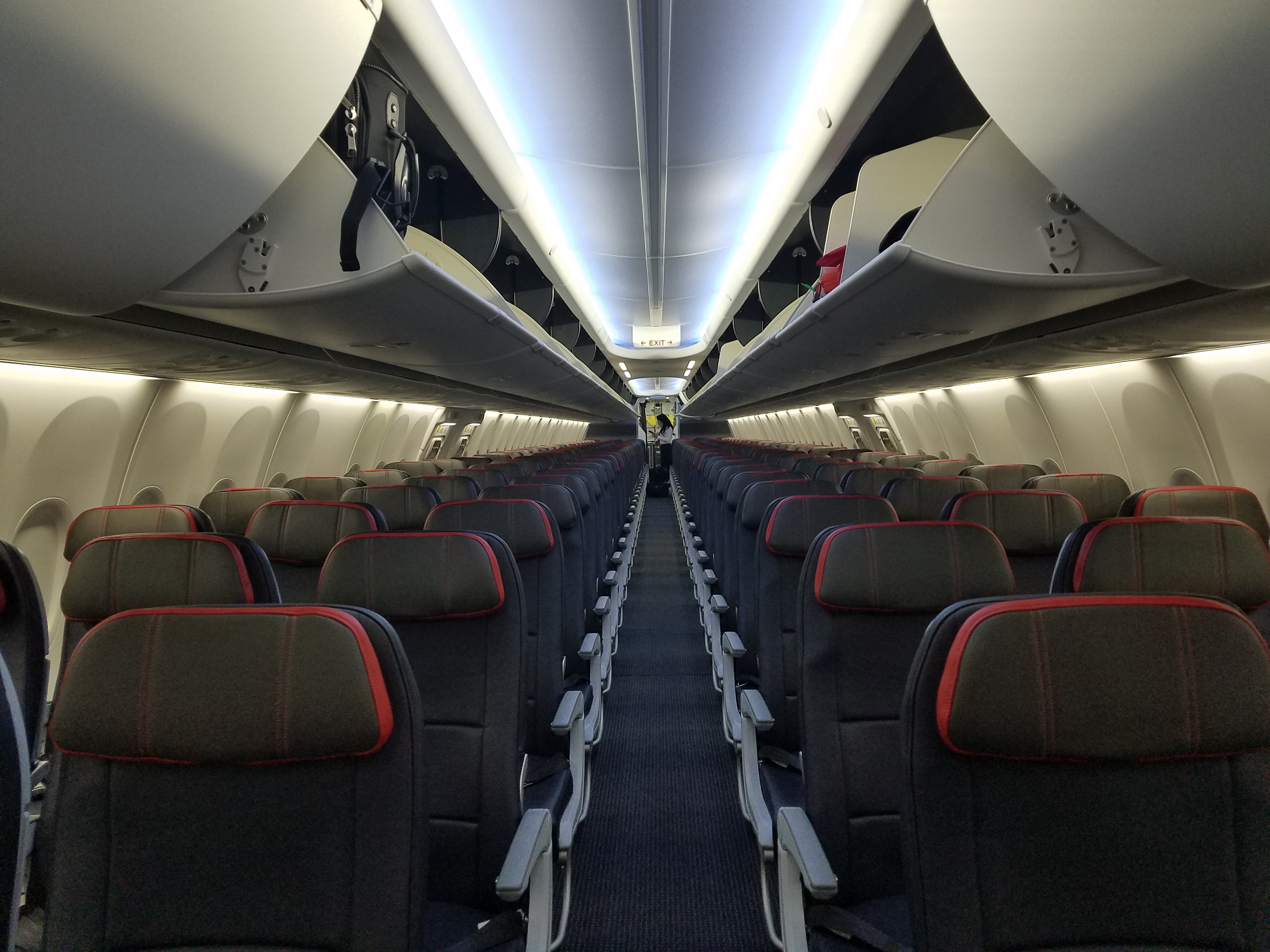














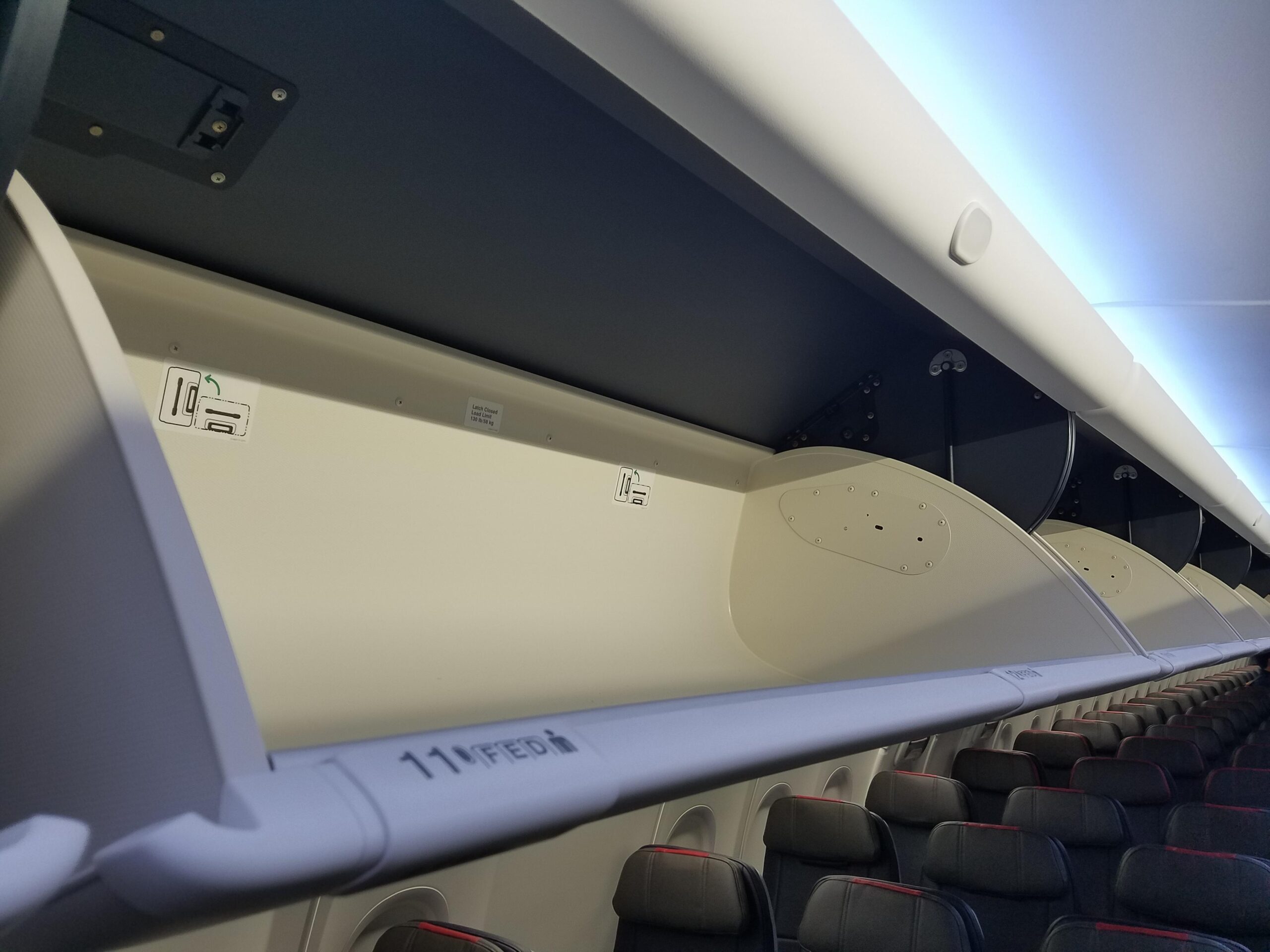

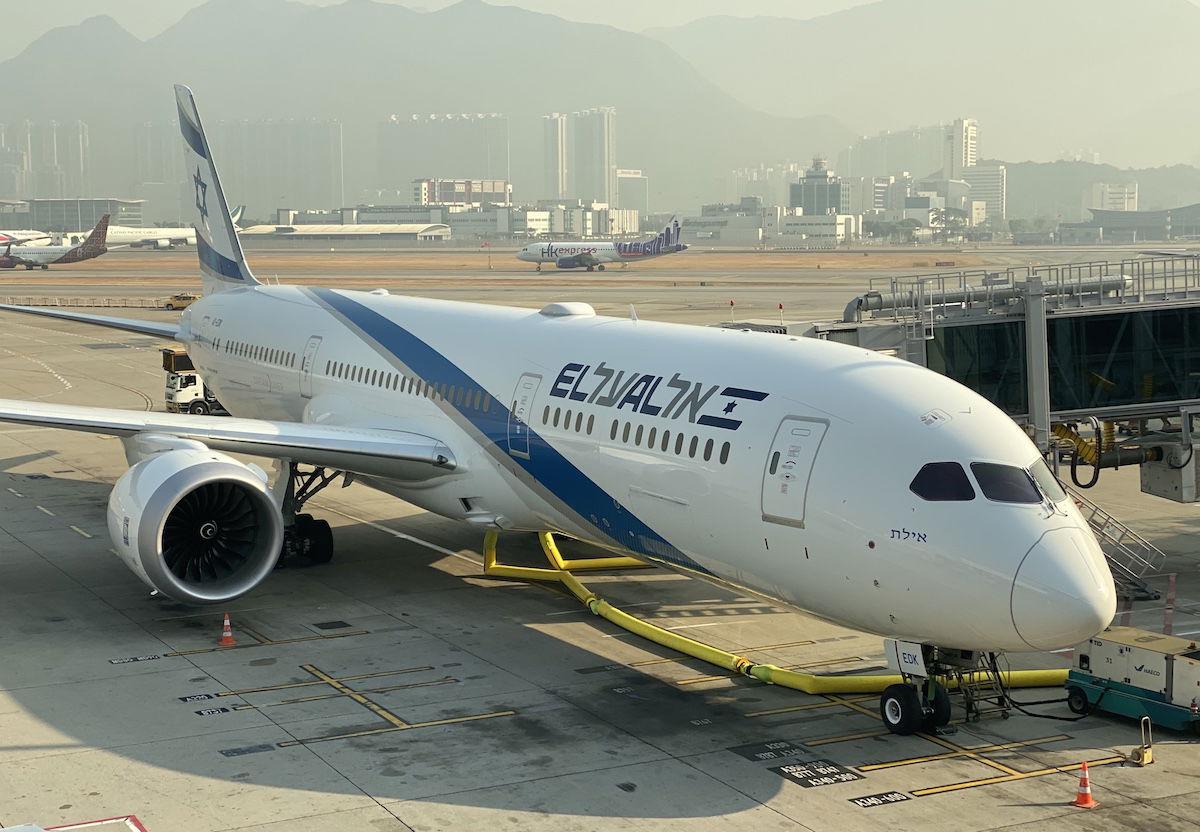













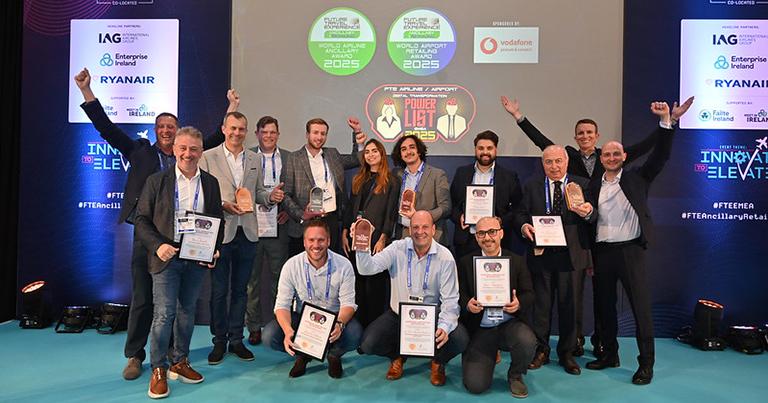





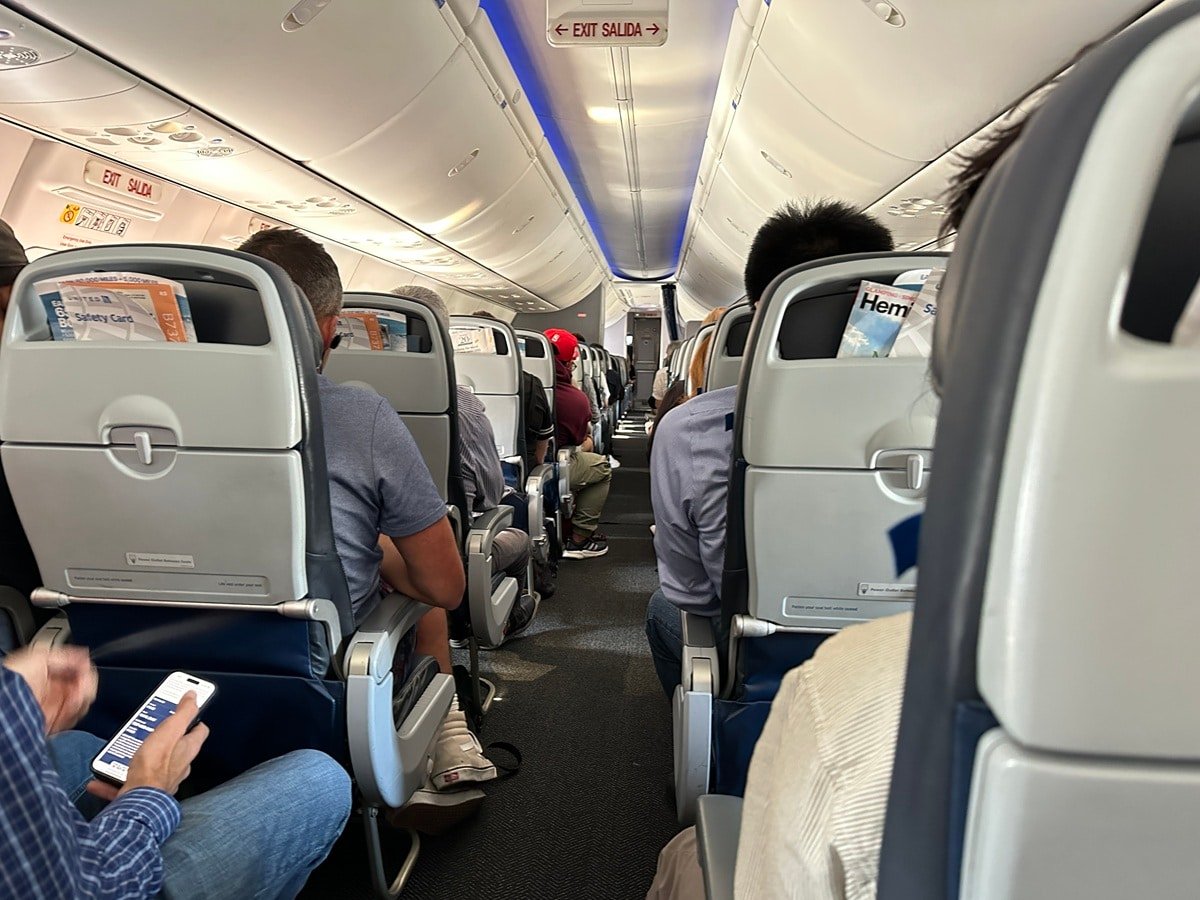





























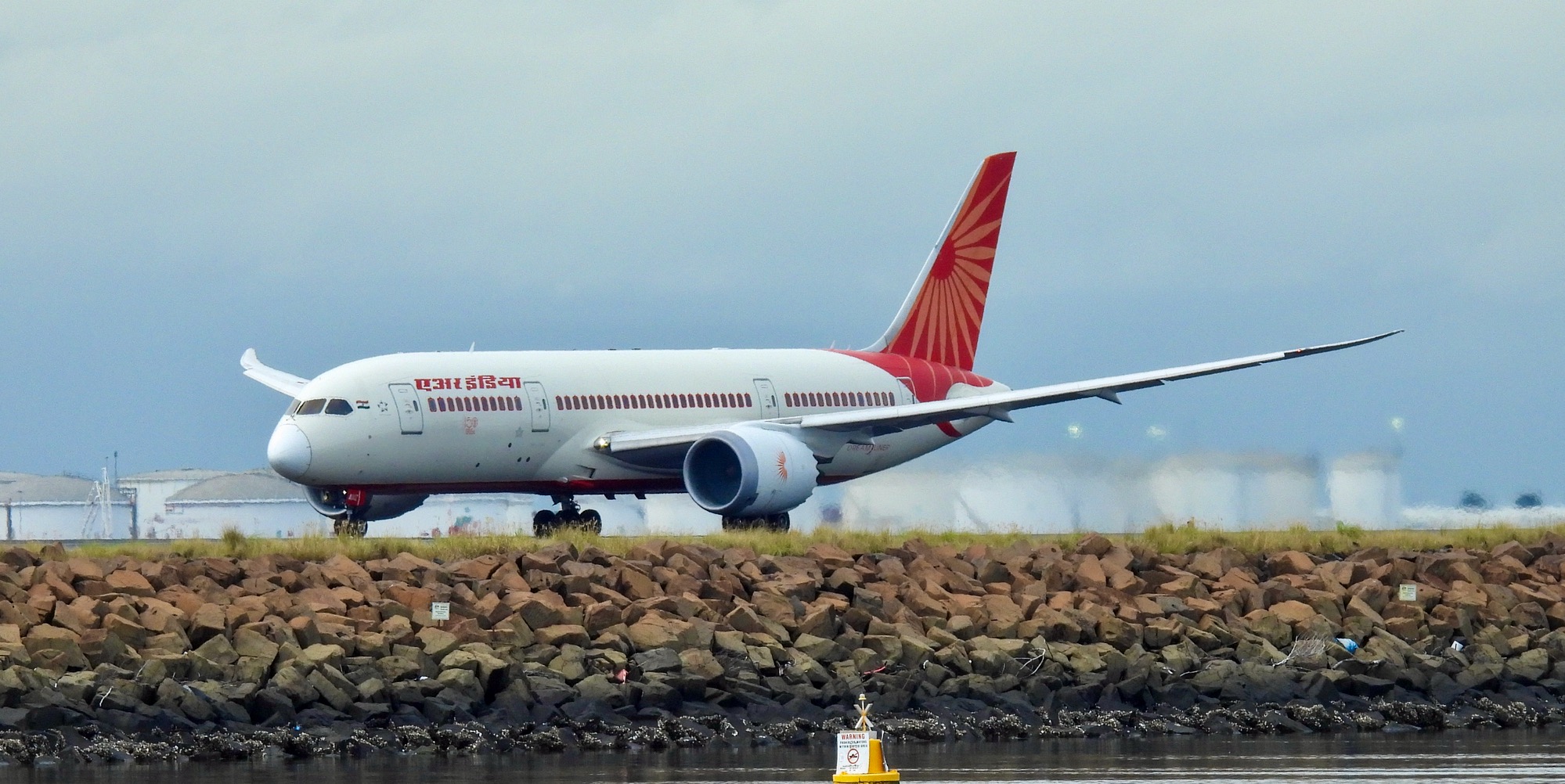


















































-0-6-screenshot.png?width=1920&height=1920&fit=bounds&quality=70&format=jpg&auto=webp#)





































































































































.jpg)



























































































































